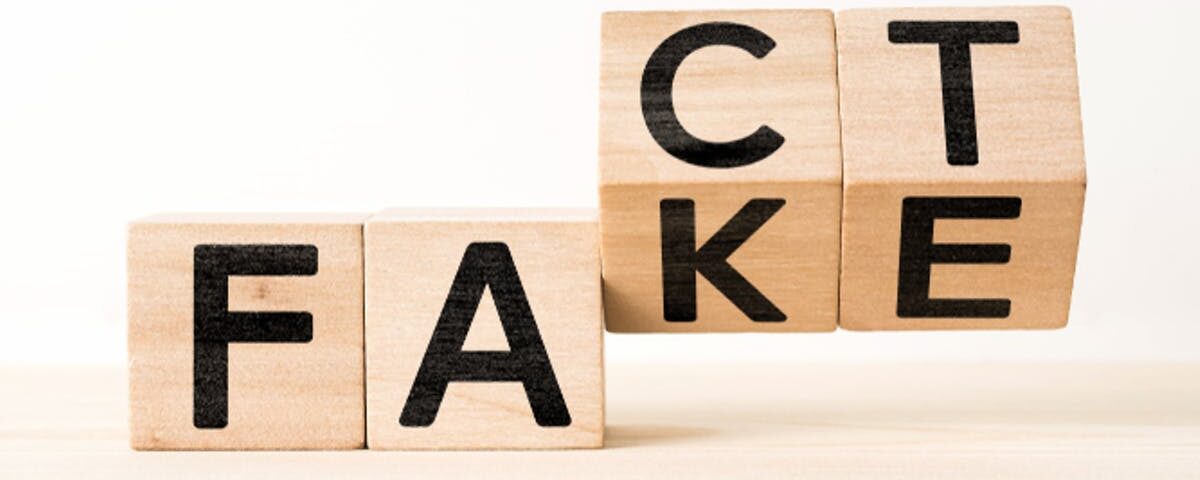Adapted from International Network of Quality Assurance Agencies in Higher Education (INQAAHE USA) Website.
ISO certification bodies exist for many purposes. One area of their responsibility is checking that Management systems of organisations meet certain criteria, requirements or standards, or achieve certain levels of performance. This task is commonly called Certification, but other terms exist, such as assessment, licensure, recognition, authorisation, etc. Certification checks can be mandated by government or required by other organisations, and can be for the purpose, inter alia, of
- Encouraging continuous patronage and marketing opportunity
- Improving management system processes
- Ensuring supplier deliver results required by your management system
- Give gain customers and stakeholder trust of a refined system
The certification process is intended to prevent the creation or continuation of poor quality projects, product and services, and hence it is a consumer protection mechanism. Some organisations are genuine and profitable but have poor quality processes, system and leadership. The certification process is intended to help out these inadequate organisations. Therefore, in a country where such gatekeeping, policing or quality control exists, potential customers are advised to check that an organisation is in good standing with the relevant certification or accreditation.
To assist the customers, IAF, ASCBE, UAF has developed a Portal that provides reference to accredited organisations in many countries. Hence every certified companies by member agencies are listed on their websites. Where an organisation is not accredited, their certified clients cannot be listed on the accreditation bodies’ websites.
Unfortunately, some unscrupulous operators have recognised that the basic consumer check is to ask whether an institution is certified, and so there has been an emergence of bogus or spurious certification bodies, often, by analogy, called ‘certification mills’. These enable an orgnaisation to claim to be certified, hence circumventing the consumer’s first line of defence. The existence of certification mills therefore means that a consumer must go one step further and investigate whether the claimed certification is itself valid and meaningful.
The US Council for Higher Education Certification (CHEA) has suggested the following tests that can be applied to a purported accrediting (Certification) body. If the answers to many of the following questions are yes, the accrediting organization under consideration may be bogus:
- Does the operation allow certified status to be purchased?
- Does the operation publish lists of organisations or programs they claim to have certified without those organisations and programs knowing that they are listed or have been certified?
- Does the operation claim that it is recognized (by some other body) when it is not?
- Are few if any standards for quality published by the operation?
- Is a very short period of time required to achieve certified status?
- Are certification reviews routinely confined to submitting documents and do not include site visits or interviews of key personnel by the certification body?
- Is ‘permanent’ certification granted without any requirement for subsequent periodic review, either by an external body or by the organization itself?
- Does the operation use organizational names similar to recognized certification organizations?
- Does the operation make claims in its publications for which there is no evidence?
- Does the operation claim that its certifications would have international status?
- Does the operation claim recognition by international bodies or associations that in themselves are not in to the field of certification? (Examples would include UNESCO, NAFSA, AACRAO, EAIE, ISO).
- Does accreditation body have less than 15 certification bodies?

